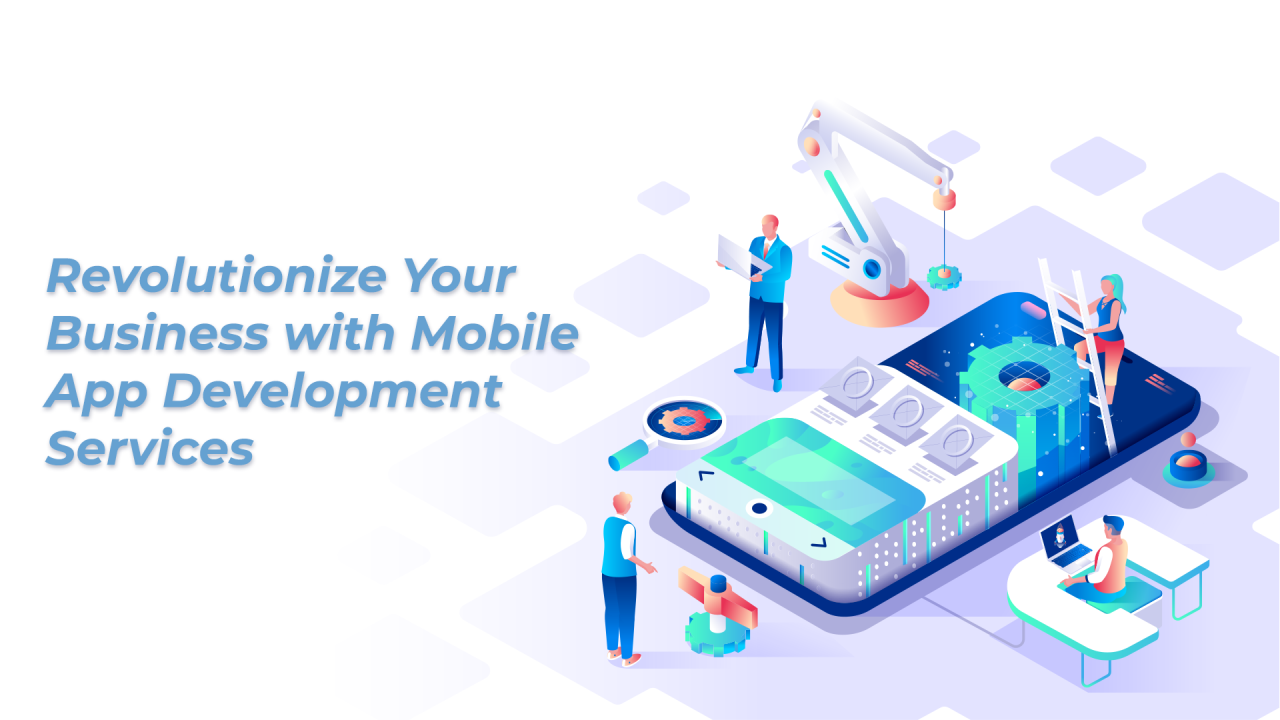In today's fast-paced digital world, mobile applications have become an integral part of business operations. With the increasing use of smartphones and tablets, companies are leveraging mobile app development to streamline processes, enhance customer experiences, and drive revenue growth. This article explores how mobile application development is revolutionizing business operations across various industries. If you're looking to get a professional mobile application developer then you may visit https://navyawebsolution.ca/.
The Impact of Mobile Applications on Business Operations
Improved Efficiency and Productivity
- Mobile applications enable employees to access business-critical information on the go, allowing them to work more efficiently.
- Automated workflows and real-time notifications help in reducing manual tasks and speeding up decision-making processes.
- Employees can collaborate seamlessly and stay connected with colleagues and clients regardless of their location.
Enhanced Customer Engagement
- Businesses can reach out to customers through personalized notifications, offers, and promotions via mobile apps.
- Mobile apps provide a convenient platform for customers to interact with businesses, make purchases, and provide feedback.
- Customer data collected through mobile apps can be used to tailor products and services to meet the needs and preferences of individual customers.
Cost Savings and Revenue Generation
- Mobile applications can help businesses reduce operational costs by streamlining processes and eliminating redundant tasks.
- By providing a seamless shopping experience through mobile apps, businesses can increase sales and drive revenue growth.
- Targeted marketing campaigns delivered through mobile apps can result in higher conversion rates and improved ROI.
Challenges and Considerations in Mobile App Development
Security and Data Privacy
- Ensuring the security of sensitive business data and customer information is crucial in mobile app development.
- Implementing robust encryption protocols and secure authentication mechanisms can help mitigate security risks.
- Compliance with data privacy regulations such as GDPR and CCPA is essential to protect user privacy and avoid legal consequences.
Cross-Platform Compatibility
- Developing mobile apps that work seamlessly across different operating systems and devices can be a challenge.
- Using cross-platform development tools like React Native or Flutter can help in building apps that are compatible with iOS and Android platforms.
- Testing the app on various devices and platforms is essential to ensure a consistent user experience for all users.
User Experience and Interface Design
- Creating a user-friendly interface and intuitive navigation is key to the success of a mobile app.
- Conducting user testing and gathering feedback can help in identifying areas for improvement in the app's design and functionality.
- Regular updates and enhancements based on user feedback are essential to keep the app engaging and relevant to users.
Future Trends in Mobile App Development
Artificial Intelligence and Machine Learning
- Integrating AI and ML algorithms into mobile apps can enable personalized recommendations, predictive analytics, and automation of tasks.
- AI-powered chatbots and virtual assistants can enhance customer service and engagement through mobile apps.
- Businesses are leveraging AI and ML to gain insights from user data and improve decision-making processes.
Internet of Things (IoT) Integration
- Mobile apps are increasingly being used to control and interact with IoT devices such as smart home appliances, wearables, and industrial sensors.
- IoT integration in mobile apps can provide real-time monitoring, data collection, and remote control capabilities for connected devices.
- Businesses can harness the power of IoT-enabled mobile apps to optimize processes, improve efficiency, and deliver innovative services.
Augmented Reality (AR) and Virtual Reality (VR)
- AR and VR technologies are transforming the way businesses engage with customers and employees through mobile apps.
- AR-based product visualizations, virtual showrooms, and interactive experiences can enhance customer engagement and drive sales.
- VR simulations and training modules in mobile apps can provide immersive learning experiences for employees in various industries.
